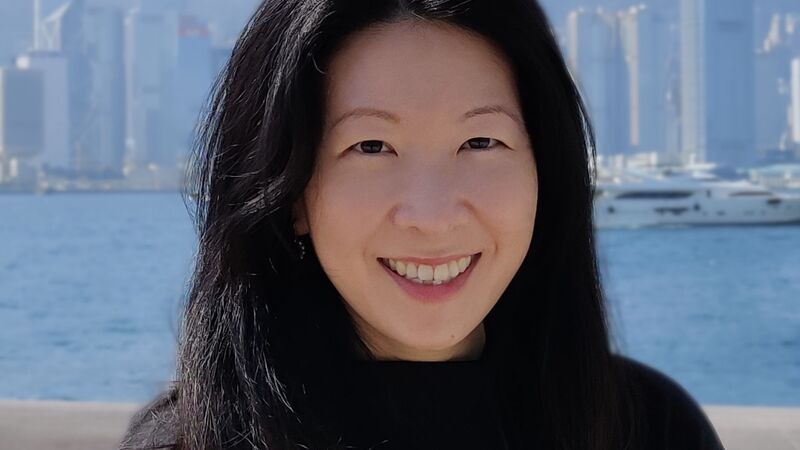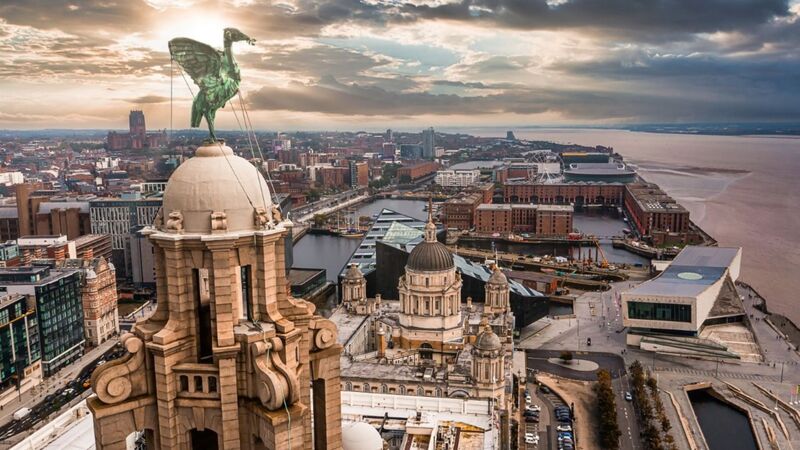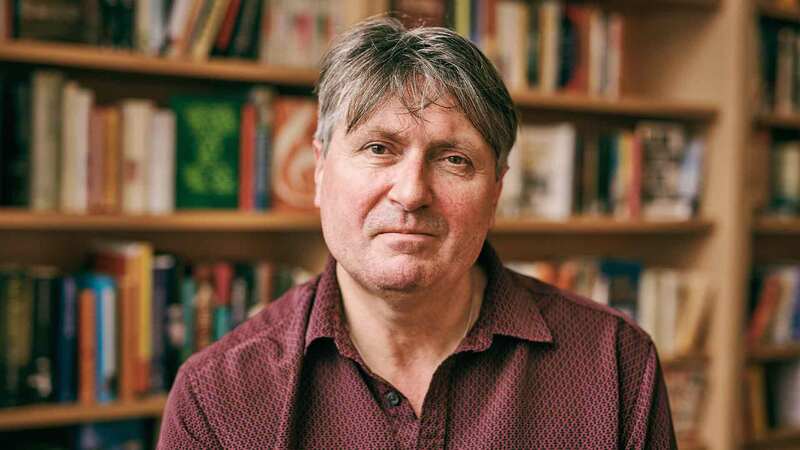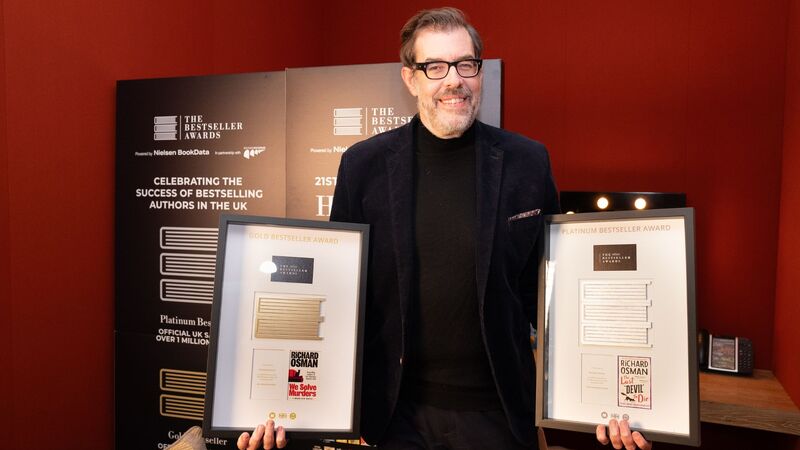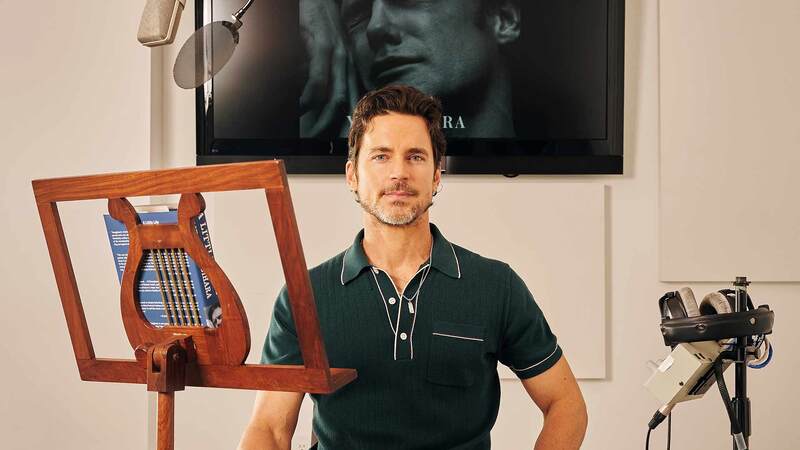You are viewing your 1 free article this month. Login to read more articles.
Octavia Butler's legacy celebrated at Barbican feminist literary festival
The legacy of science fiction author Octavia Butler is to be explored at the Barbican's New Suns feminist literary festival this month.
The programme includes a talk between writers and activists Adrienne Maree Brown and Ama Josephine Budge, exploring the practice and legacy of Butler.
Also in the programme are poetry readings and a discussion with Izabella Scott of The White Review and poet Dorothea Lasky, and artist and poet Precious Okoyomon, exploring the relationship between space and human existence on Earth.
A science fiction writing workshop with writer and performance artist Season Butler will also follow.
There will also be a workshop led by Alice Spawls, co-editor of The London Review of Books, inviting audiences to experience journalling as a foundation for creative writing and a film about the feminist scholar Donna Haraway.
Festival bookers will be able to watch all New Suns content until 9th March, 11.59 p.m.
In lieu of a traditional book fair this year, New Suns is partnering with Bookshop.org, to offer reading lists for audiences looking for literature related to the festival.
Sarah Shin, festival founder and co-producer, said: "Taking inspiration from Octavia Butler’s Earthseed belief system and community, this year’s New Suns festival and accompanying anthology may be considered like seed: to sow ideas and practices to cultivate adaptation, resilience and hope to create inhabitable futures."
Razia Jordan, producer at the Barbican, added: "We're super excited to celebrate the third year of New Suns. As always, the festival aims to be a space for the exchange of ideas on new types of community and societies, and a platform for the creators and feminists who help us to envision these new worlds. Given the current circumstances, we've transformed New Suns into an online festival and, for the first time, have been able to commission a special anthology which people can enjoy at home. New Suns is a key part of the Barbican’s Level G programme, an experimental platform for projects that ask crucial social and cultural questions, spark conversations and bring people from different disciplines together."




